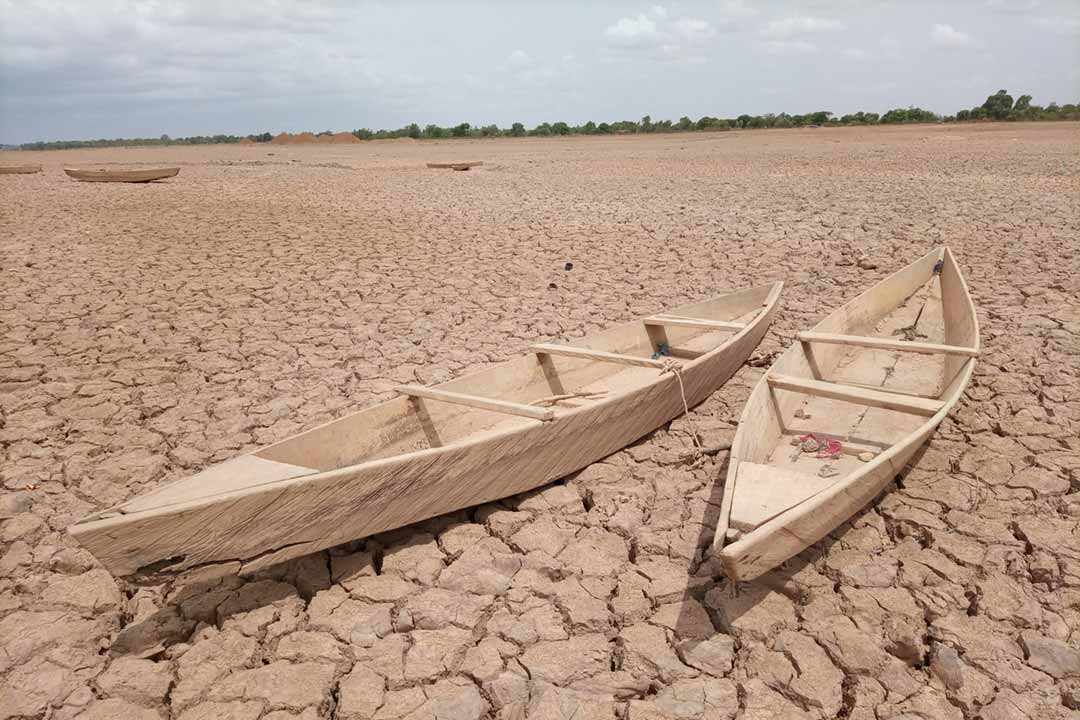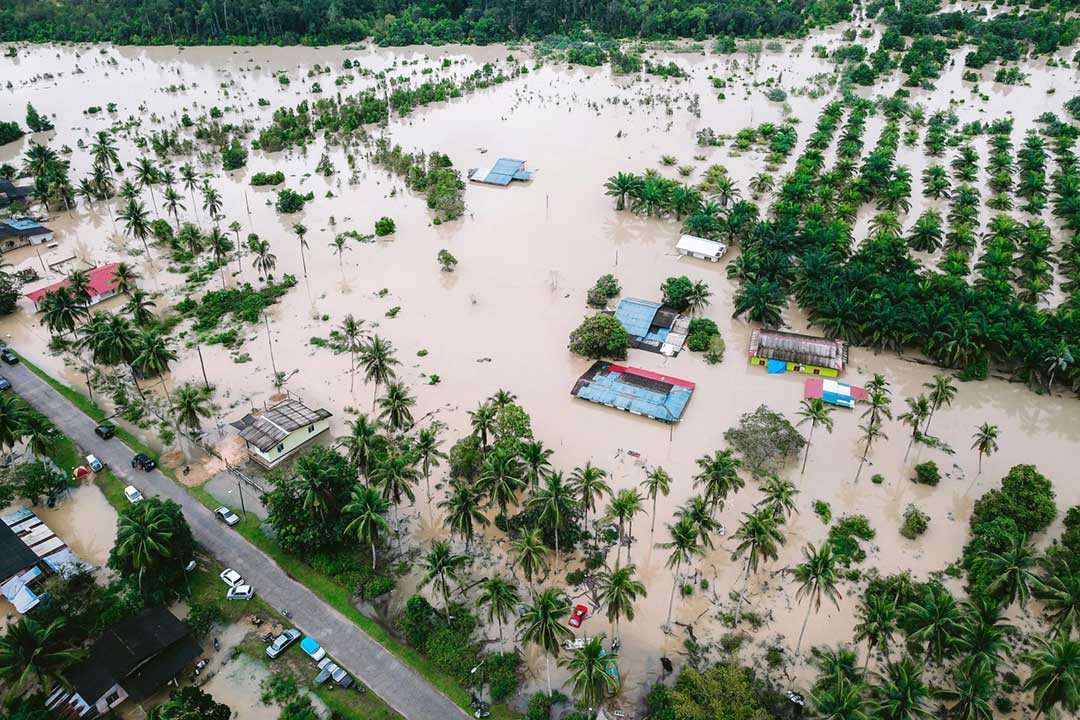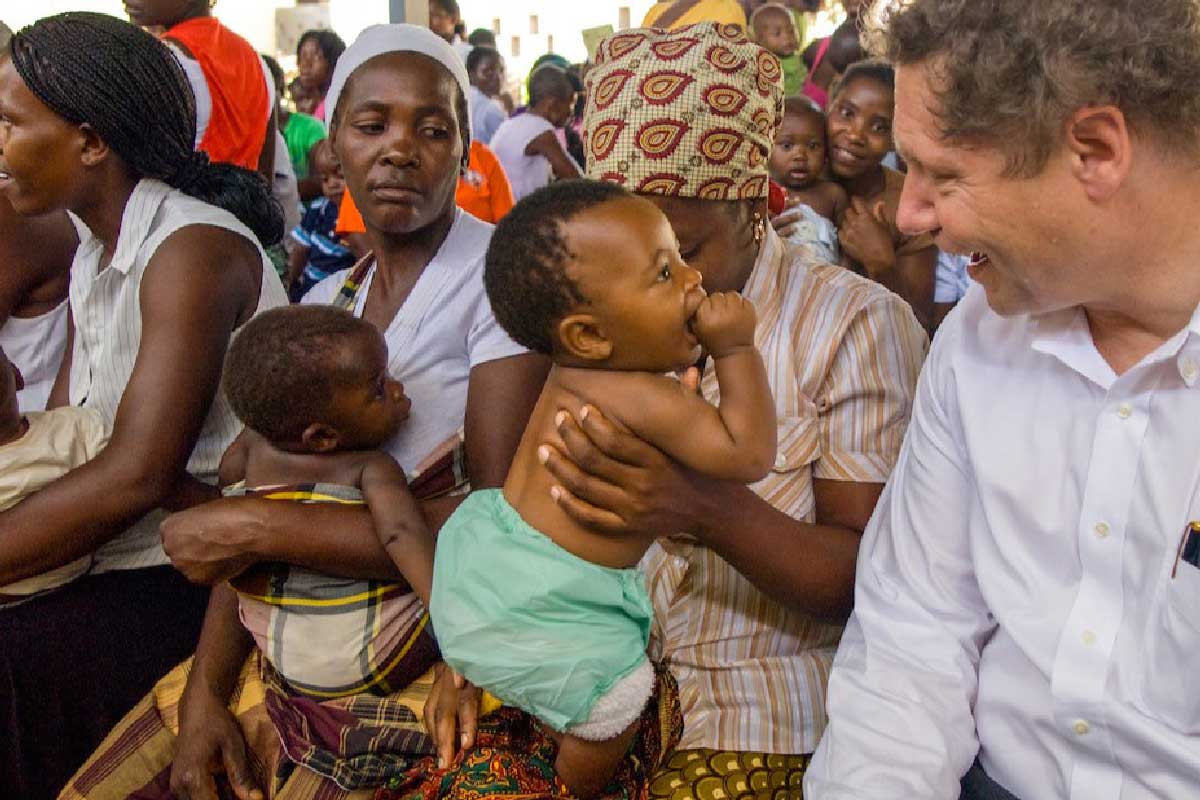The Amazon’s Gateway: Why COP30 in Belém must put health and equity at the heart of climate action
In this decisive moment, Belém’s outcomes can reinforce global commitments to protect people’s health as the climate crisis deepens.
- 7 November 2025
- 3 min read
- by Pascal Barollier

Belém, the capital of Pará in northern Brazil, is a city of contrasts. Known as the “gateway to the Amazon,” its leafy avenues and colonial mansions stand beside sprawling informal settlements. In 2025, this city of 1.3 million will host the world’s most important climate summit—COP30—becoming the first Amazonian metropolis to do so.
The stakes could not be higher. According to the World Meteorological Organization, the average global temperature in 2024 was between 1.34°C and 1.41°C above pre-industrial levels. The WMO now projects that the 20-year average warming for 2015–2034 will reach around 1.44°C. While this remains within the Paris Agreement’s threshold, there is an 86 percent chance that global temperatures will exceed 1.5°C in at least one of the next five years—a sobering prospect for the planet.

Brazil’s COP30 Presidency is urging nations to deliver on past promises, including new carbon-cutting plans and a transition away from fossil fuels. But this year, Brazil is also placing adaptation—how societies adjust to a changing climate—at the centre of the agenda. In a letter to the international community, the COP30 President warned: “Without adaptation, climate change becomes a poverty multiplier, dismantling livelihoods, displacing workers and deepening hunger. As impacts intensify, failure to act is not technical negligence; it is a political choice about who lives and who dies. (…) Adaptation is as essential to safeguarding economies as it is to protecting lives.”
This philosophy is embodied in the Belém Health Action Plan, a new framework to strengthen health systems’ resilience to climate change. To be endorsed at COP30, the plan is built on three pillars: surveillance and monitoring; evidence-based policies and capacity-building; and innovation, production, and digital health. Its foundation: the principles of health equity, climate justice, and participatory governance.
For the first time, an official COP document calls on countries and partners to identify and regularly update a list of climate-sensitive diseases, guiding surveillance and response. It also recognises the critical role of vaccines and immunisation in tackling these diseases, including the need to maintain and monitor vaccine stocks and essential health products.
Routine immunisation and preventative vaccination programmes are vital to reducing the toll of infectious diseases worsened by climate change. Gavi, the Vaccine Alliance funds vaccines against seven diseases—dengue, meningitis A, Japanese encephalitis, yellow fever, cholera, malaria, and typhoid—that are spreading rapidly as the climate warms. The Alliance also supports global vaccine stockpiles for yellow fever and cholera, enabling rapid outbreak response.

Yet, delivering vaccines and maintaining health services during climate emergencies is fraught with challenges. It demands forward planning, effective communication, and coordination among health providers, emergency agencies, and communities. Rapid adaptation is essential.
This is where investment in sustainable technologies becomes critical. Solar-powered cold chains, health facilities, and storage units provide clean, reliable electricity, bolstering the resilience of immunisation and health programmes against climate shocks like heatwaves and power outages. Digital monitoring tools and climate-resilient transport can ensure service continuity and reduce the environmental footprint of health interventions.
The Belém Health Action Plan : A turning point
As COP30 unfolds in Belém, the Amazon’s gateway becomes a global stage for reimagining climate action through the lens of health equity and resilience. The Belém Health Action Plan marks a turning point, placing immunisation at the heart of adaptation strategies. By recognising vaccines as essential tools against climate-sensitive diseases, the plan empowers countries to prioritise practical solutions to protect public health in a warming world. Investments in sustainable technologies are helping ensure that life-saving vaccines reach those most at risk—even amid climate disruptions.
In this decisive moment, Belém’s outcomes can reinforce global commitments to protect people’s health as the climate crisis deepens.








